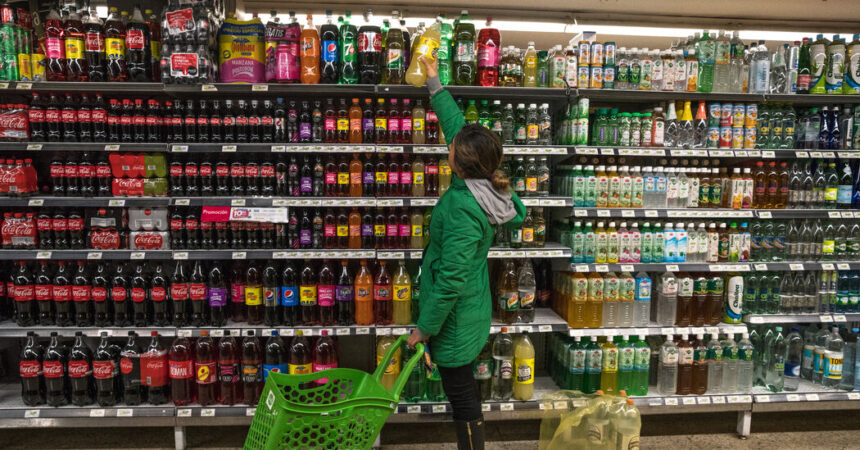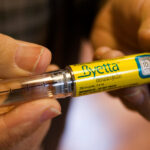“This replicates and reinforces what we already learn about sugar-sweetened drinks,” he stated, “however the findings spotlight their extreme prices on well being and productiveness, particularly in Africa and Latin America.”
The research detailed intriguing patterns within the consumption of sugary drinks. For instance, researchers discovered that males had modestly larger charges of soda consumption than girls. Consumption was larger among the many well-educated, particularly in sub-Saharan Africa, South Asia and Latin America. Within the Center East and North Africa against this, the research discovered that soda consumption was larger amongst adults with comparatively decrease ranges of schooling.South Asia, Southeast Asia and East Asia had the bottom charges of extra heart problems and Sort 2 diabetes linked to sugary drink consumption, the research discovered, although the authors famous that the information didn’t embody sugar-sweetened tea and occasional, objects which are in style in these components of the world.
Laura Lara-Castor, a dietary epidemiologist on the College of Washington and one other lead writer of the Nature research, stated the upper charges of consumption amongst educated adults in sub-Saharan Africa mirrored partially the aspirational lure of sentimental drink manufacturers related to Western tastes and magnificence — a results of the subtle and well-funded promoting campaigns by multinational beverage corporations.
“Consuming these drinks is commonly a mark of standing,” she stated.
Regardless of the research’s grim findings, Dr. Lara-Castor and the opposite authors stated the information additionally contained causes for hope. Soda consumption in Latin America and the Caribbean is already starting to say no, thanks partially to insurance policies like soda taxes, advertising and marketing restrictions and bundle labels that search to coach customers in regards to the risks of merchandise excessive in added sugar. (In the USA, consumption of sugar-sweetened drinks has dropped since its peak in 2000 however these declines have largely plateaued in recent times.)
Greater than 80 nations have adopted measures geared toward reducing sugary drink consumption.
Paula Johns, government director of ACT Well being Promotion, an advocacy group in Brazil, stated the Nature research confirmed that schooling alone was not sufficient to dampen shopper zeal for sweetened drinks. Lately, she stated that Brazil had adopted quite a lot of insurance policies which are starting to dent the nation’s love affair with extremely processed meals and sugary drinks. They embody higher school-meal applications, daring front-of-package warnings and a brand new excise tax on drinks with added sugar.
“There’s no magic bullet,” she stated. “However all these insurance policies, taken collectively, assist ship the message to the general public that sugar-sweetened drinks are actually dangerous to your well being.”








